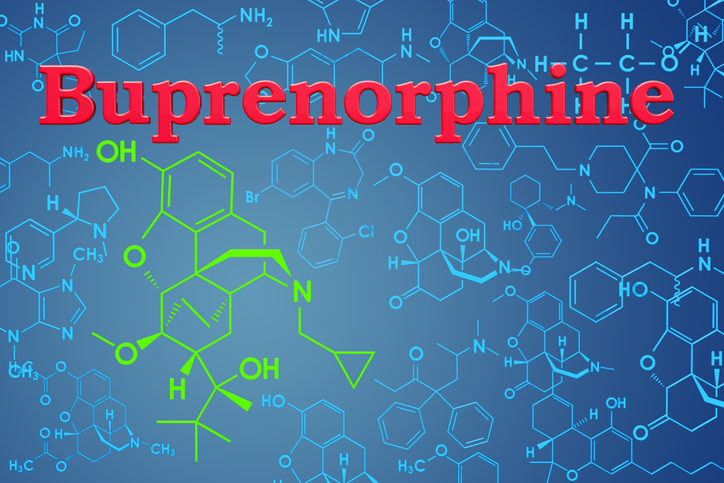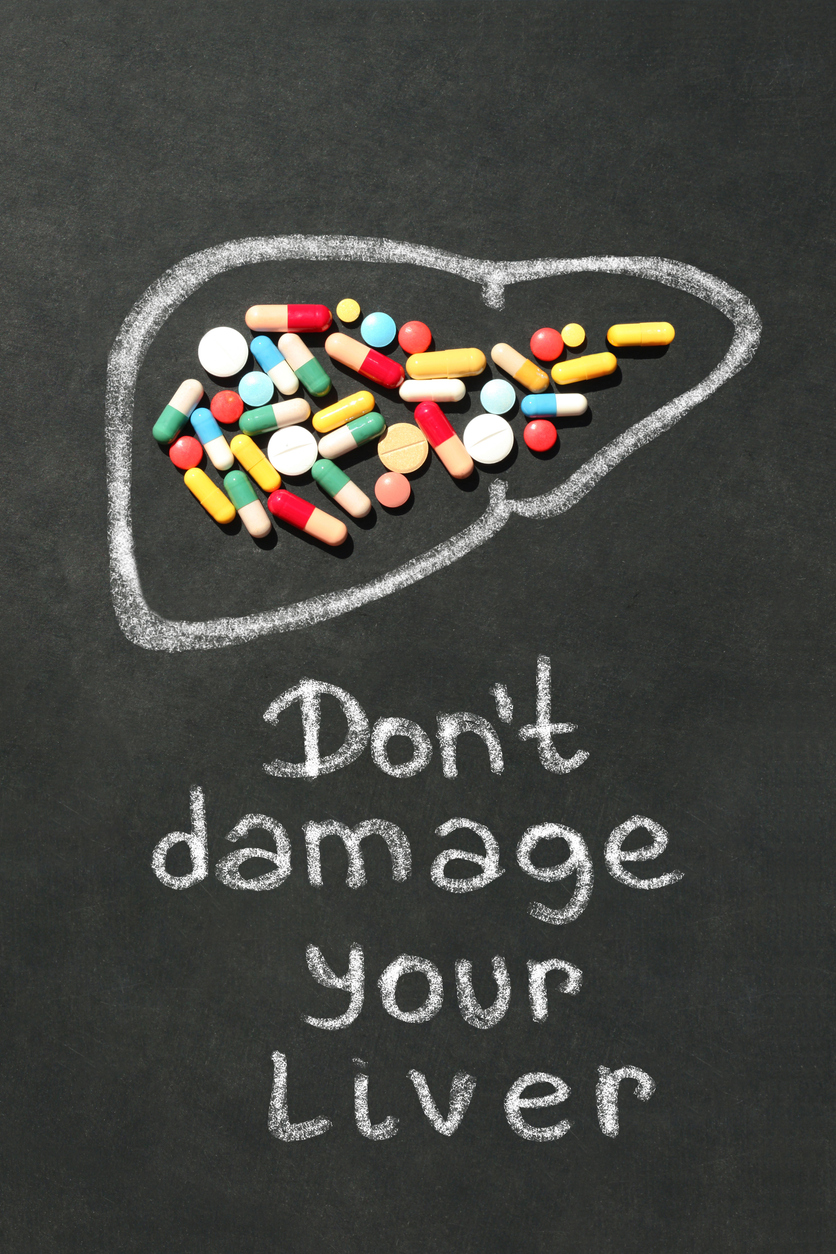Treatments
Anticonvulsants
Anticonvulsants are a prescription medicine that calm brain hyperactivity, prevent or reduce seizures, and can reduce persistent pain. By helping reduce or control abnormal increases in brain electrical activity, anticonvulsants relieve pain by interfering with damaged (neuropathy) or overly sensitive (fibromyalgia) nerve signals. Common anticonvulsants used for chronic pain include: carbamazepine, gabapentin, phenytoin, pregabalin, and topiramate.
33 people found this helpful
Print
Share
Save
Conditions
Anticonvulsants are prescribed for a variety of conditions including: chronic pain, epilepsy, neuropathy, fibromyalgia, headaches, shingles, herniated discs, spinal cord injuries, and bipolar disorder.
Side Effects
Common side effects from taking anticonvulsants might include nausea, vomiting, liver damage, double vision, loss of coordination, drowsiness, or headaches. Anticonvulsants can interact badly with other drugs (aspirin), herbs, supplements, and pregnant women should not take them without consulting with a doctor.
This is not a complete list of side effects and others may occur. Call your doctor for medical advice about side effects. You may report side effects to the FDA at 1-800-FDA-1088.
Did you find this helpful?
You may also like















